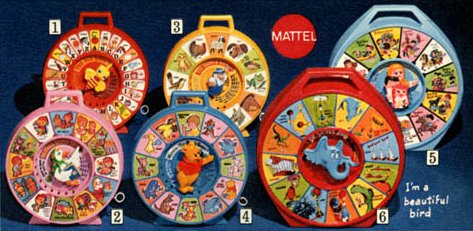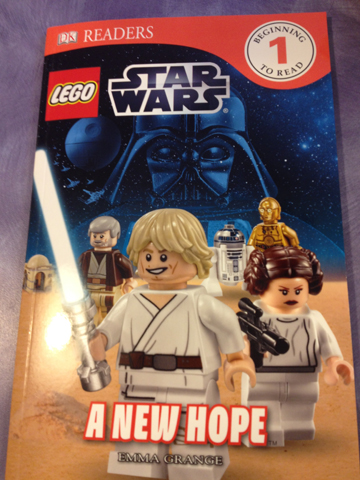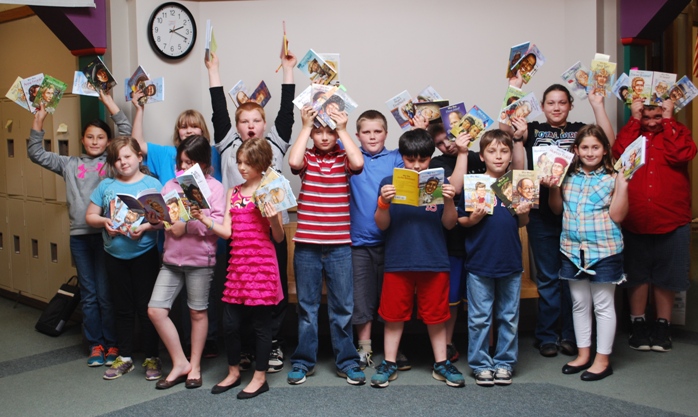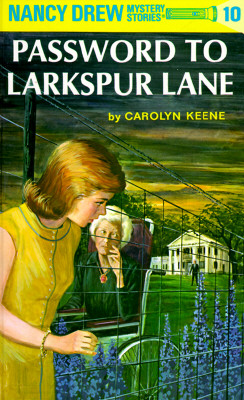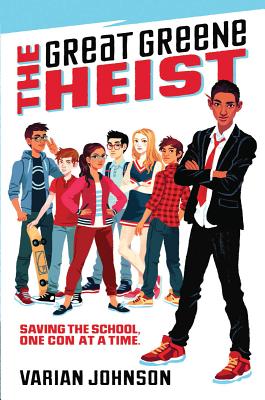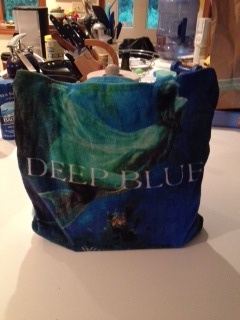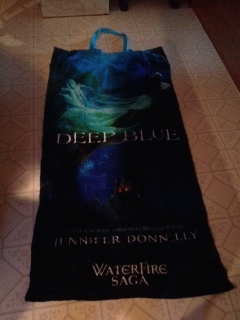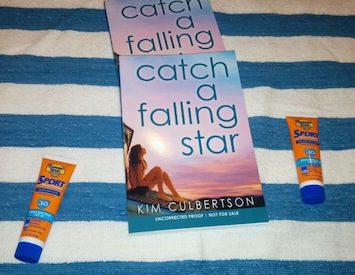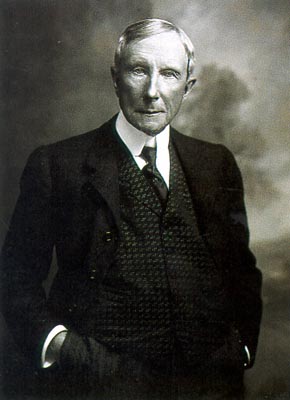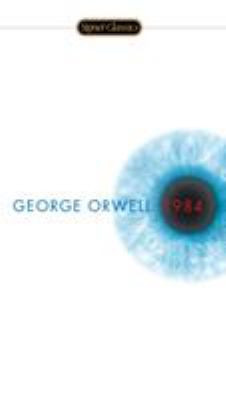We (children’s frontlist buyers that is) cannot fail to note the dramatic rise in the publication of YA books whose authors share the ages of their protagonists. Most of us have our presumptions about the why and the what of these books.
I assume, for example, that one reason behind the sudden rise is a line of thinking which goes that young readers will connect with young authors. This seems to be a strong presumption. I also assume that there is a good chance that the writing may not be quite the thing. This is often the case, and yet some novels appear that are highly polished and strong on style. The excellent work of Stefan Bachmann is a good example. Perhaps not coincidentally, Bachmann’s editor, Virginia Duncan, has been working with another high school age prodigy, Amy Zhang. Zhang’s debut novel, Falling into Place, is coming out this fall.
Falling Into Place recounts, through multiple first-person narratives, what appears to be a very unlikely suicide attempt of a popular and forceful high school girl Liz Emerson. Liz is controlling and harmful to those within her sphere, seemingly more the person to drive someone else to suicide rather than attempt to take her own life. The book explores her psychological dynamics through physics metaphors, suggesting that the lack of resistance to her will ultimately rebounds back on her.
With its young author and its theme of attempted suicide, Falling into Place has two popular tropes going for it. The richness of its language and its conceptual depth are both a surprise and a delight. To explore Falling into Place here’s a Q&A with its 18-year-old author.
Kenny: If you could recommend a book for your character Liz Emerson to read, what would it be?
 Amy: I’d give her The Giving Tree by Shel Silverstein. I’d leave it on the brown couch in her basement on New Year’s Eve, Because I think she needs a love story. I’d also give her The Perks of Being a Wallflower. I think it would make her feel less lonely.
Amy: I’d give her The Giving Tree by Shel Silverstein. I’d leave it on the brown couch in her basement on New Year’s Eve, Because I think she needs a love story. I’d also give her The Perks of Being a Wallflower. I think it would make her feel less lonely.
Kenny: Did her suicide attempt need to occur for Liz to have her emotional epiphany, or could that have been achieved in another way?
Amy: I think the problem with Liz was that she didn’t believe in epiphanies or at least not for herself. She didn’t think there was a solution, just an ending, and she went with the ending. I do think she should have talked to her physics teacher more. In every school there are teachers who don’t want to be there and teachers who frankly are not very good at their job, but there are also teachers – lots of them – who genuinely care about every single one of their students, and Mr. Eliezer was one of them. For starters, he could definitely have explained the whole “cause and effect ” thing to Liz again. And he would have listened, he would have listened to anything, and maybe eventually Liz would have told him everything. My teachers were everything in high school. I’d go to their rooms to steal candy or to have makeshift therapy session or to ask questions or to decorate their rooms on their birthdays. I don’t know if she could have had the emotional epiphany, but I think she should have known to go to Mr. Eliezer instead of her guidance counselor for help.
Kenny: If you could change one thing in one of your favorite books, what would it be?
 Amy: I’d put my name on the cover of The Book Thief instead of Markus Zusak’s – kidding! Hmm. I’m honestly not sure that there is anything I’d change about it. I’ve honestly sat here wracking my brain and flipping through my copy for about an hour now, and it’s one of the most perfect and complete books I’ve ever read. Maybe a few more of death’s little comments? I remember that when I read it the first time there would be a few pages without the excerpts and I’d catch myself thinking “Gosh, I really miss Death.”
Amy: I’d put my name on the cover of The Book Thief instead of Markus Zusak’s – kidding! Hmm. I’m honestly not sure that there is anything I’d change about it. I’ve honestly sat here wracking my brain and flipping through my copy for about an hour now, and it’s one of the most perfect and complete books I’ve ever read. Maybe a few more of death’s little comments? I remember that when I read it the first time there would be a few pages without the excerpts and I’d catch myself thinking “Gosh, I really miss Death.”
Kenny: The physics principles really work as metaphor. Is it simply metaphor, though, or is there an actual casuistry between physics and the psychology of emotion?
Amy: Honestly? My physics and psychology classes were both primarily lecture classes with teachers that never checked notes I spend most days writing in the margins of my note books. So I’m not sure how well I can answer this question. Back in March I was doing a project for psychology about cognitive biases with a focus on the  fallacy of the single cause, and I came across this Tolstoy quote: “When an apple ripens and falls what makes it fall? Is it that it is attracted to the ground, is it that the stem withers, is it that the sun has it dried up, that is has grown heavier, that the winds shake it, that the boy standing underneath it wants to eat it? No one thing is the cause.” Every event is caused by infinite factors but our minds are wired to fixate on one. I think that’s what makes physics, at least at the high school level, so conceptual. You have to focus on one factor, gravity or direction or mass, to solve the problem so you disregard all the others. I think the actual connection between physics and emotion is that fault in our heads, the tendency to name a scapegoat to match one effect to one cause. That’s what Liz did. She named herself as the scapegoat, and she didn’t want to be the cause anymore.
fallacy of the single cause, and I came across this Tolstoy quote: “When an apple ripens and falls what makes it fall? Is it that it is attracted to the ground, is it that the stem withers, is it that the sun has it dried up, that is has grown heavier, that the winds shake it, that the boy standing underneath it wants to eat it? No one thing is the cause.” Every event is caused by infinite factors but our minds are wired to fixate on one. I think that’s what makes physics, at least at the high school level, so conceptual. You have to focus on one factor, gravity or direction or mass, to solve the problem so you disregard all the others. I think the actual connection between physics and emotion is that fault in our heads, the tendency to name a scapegoat to match one effect to one cause. That’s what Liz did. She named herself as the scapegoat, and she didn’t want to be the cause anymore.
Kenny: The unidentified narrator was a marvelously ingenious and effective device. Avoiding the horrible shoals of a spoiler, can you tell us a bit about whether this device was always envisioned in the story or developed at a later point?
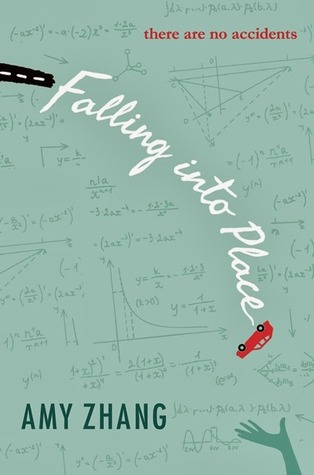 Amy: The first version of Falling into Place was a short story about a girl who committed suicide, who left behind a journal explaining her reasons why through Newton’s Laws of Motion. I knew it was a story that I wanted to develop into a novel-length work. A few months later, I wrote a story with an unknown narrator who watched a little girl grow up. I had saved both stories in the same file, so when I went to open the first to outline the project that would become Falling into Place, the second caught my eye. I had been unsatisfied with the narration of the first short story, so I played with the idea of combining the two short stories, and I had a lot of fun with it!
Amy: The first version of Falling into Place was a short story about a girl who committed suicide, who left behind a journal explaining her reasons why through Newton’s Laws of Motion. I knew it was a story that I wanted to develop into a novel-length work. A few months later, I wrote a story with an unknown narrator who watched a little girl grow up. I had saved both stories in the same file, so when I went to open the first to outline the project that would become Falling into Place, the second caught my eye. I had been unsatisfied with the narration of the first short story, so I played with the idea of combining the two short stories, and I had a lot of fun with it!
Kenny: What can you tell us about your next book?
Amy: I’m working on a book tentatively titled This Is Where the World Ends, which is about a boy who’s obsessed with apocalypses and a girl whose goal in life is to make the entire world fall in love with her. There’s spray paint and a coffee shop full of origami cranes and a dictionary of made-up words, and I can’t wait to share it with everyone!
Kenny: Thanks, Amy.
Amy: My pleasure.



